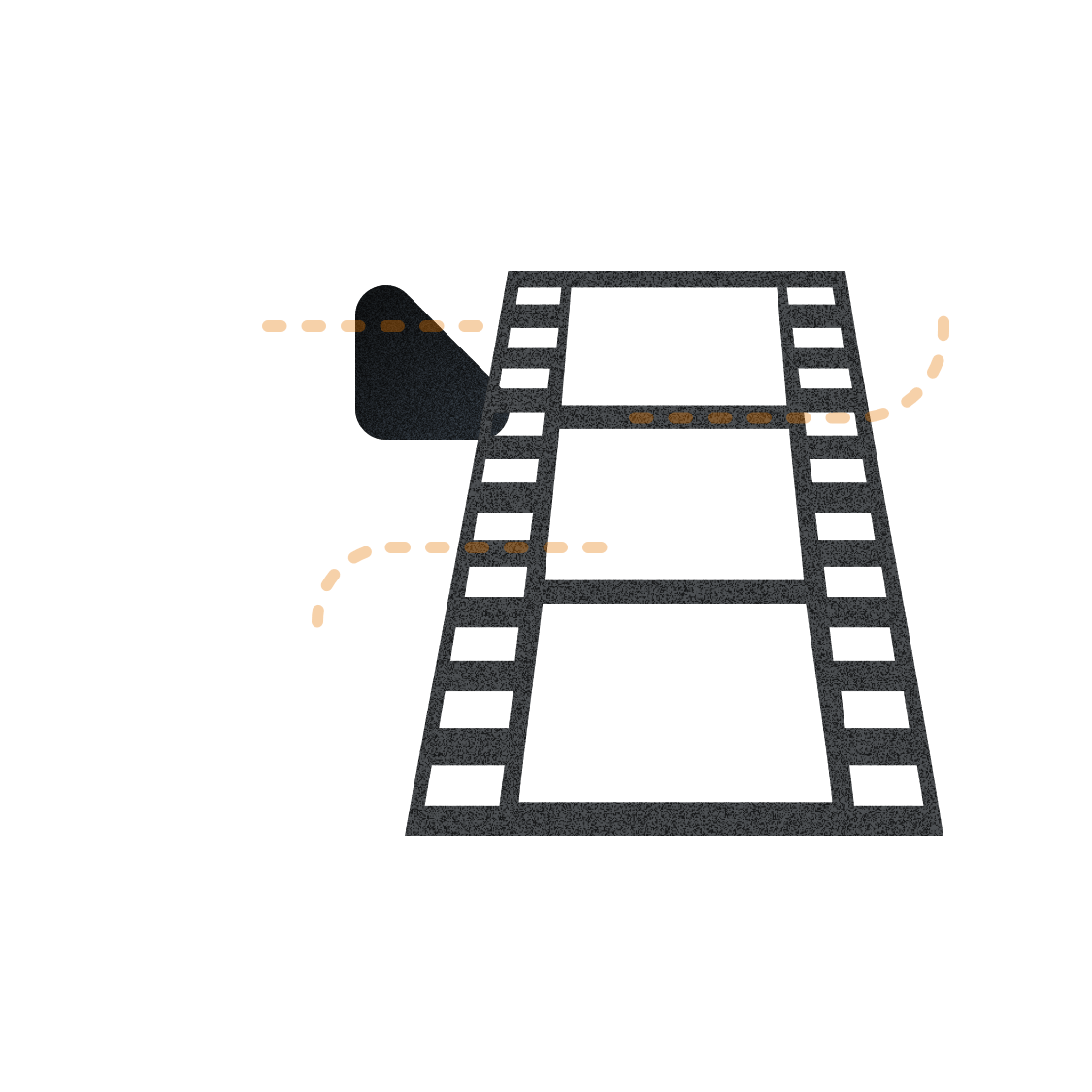
Horizon 41
2004-01-08 | Documentary | 18 episodes60 Seasons
Episode
The Demonic Ape (2004)
In a film that is in turns charming, disturbing and poignant, Horizon explores the relationship between science and the chimpanzee. It began with a magical story. A young girl ventured alone into the jungle and befriended a group of chimpanzees. What she saw became the stuff of scientific legend. But then, last year came a terrible tragedy. Frodo, one of the chimpanzees she had helped make famous, killed a human baby. That shocking act brought into focus a huge debate about the relationship between humans and chimps, and what these primates have taught us about the origins of our own behaviour. The saga of how Jane Goodall went into the jungle to study the chimps of Gombe in Tanzania has inspired novels and movies. Her observations revealed that chimpanzees were in many ways like humans. They used tools, had culture and even language. And what's more they had empathy. They were also capable of savage brutality against their own kind. Just like us. In fact many began to think that the origins of aggressive human male behaviour could be traced back to our shared evolutionary ancestry with chimps. In other words, men are genetically programmed to be violent. But then came some disturbing questions.

The Moscow Theatre Siege (2004)
With the help of doctors and scientists in America, Germany and Britain, Horizon unpicks the mystery of the Moscow theatre siege. In October 2002, Chechen terrorists took a thousand people hostage in a Moscow theatre and threatened to kill them. The problem was how to get them out alive. A bloodbath seemed inevitable. Three days later Russian special forces stormed the theatre using a secret gas to knock everybody out. 129 hostages died - apparently killed by the very gas that was meant to save them. Horizon investigates the mystery substance, and why so many died. The Russian authorities insisted their secret weapon was not lethal. The claim provoked contempt from the victims families, and incredulity among doctors and scientists around the world. But were the Russians actually right? The Russians offered just one clue. And in Germany there was a scientist who had the means to test it: a urine sample taken from one of the survivors shortly after he was freed. Horizon follows as extremely sensitive tests are performed to find out if the Russians were telling the truth, and uncovers a deeper secret.

The Atkins Diet (2004)
This is the truth about the world's most famous, most glamorous and most controversial diet. The Atkins diet says that eating fat can make you thin. It says you don't need to bother watching the calories. Rene Zellweger, Geri Halliwell and a host of other celebrities swear by it. But many scientists think it is scientific nonsense. Some even believe it is dangerous. Horizon cuts through the confusion and provide the answers. When Dr Atkins first launched his diet, he was accused of breaking one of the most fundamental laws of nature. Scientists said that if you eat more, you'll get fatter. They also said it could kill. Fat increases your cholesterol levels. You'd get a heart attack. The only problem was that people who followed the Atkins diet got thinner. Much of the rest of us got fatter. Then came studies showing that cholesterol levels can actually improve on the Atkins diet. So what was going on? Horizon's investigation seems to show that the diet may really work - but for a reason and in a way that no scientists or even Atkins himself had seriously considered.

Secrets of the Star Disc (2004)
This is the extraordinary story of how a small metal disc is rewriting the epic saga of how civilisation first came to Europe, 3600 years ago. When grave robbers ransacked a Bronze Age tomb in Germany, they had no idea that they had unearthed the find of a lifetime. But they knew that it was worth selling. It was a small bronze disc of exquisite design. So they contacted the archaeologist Harald Meller, offering to sell it to him for €300,000. Meller went deep into the criminal underworld and, after a police sting, he got his disc. It depicted the sun, the moon and the stars. This suggested an understanding of the heavens greater than that of the first great civilisations, like Egypt. Could it possibly be real? After exhaustive tests, the disc was declared genuine. Then a team of crack scientists pieced together what it meant. What emerged is a true marvel. This disc, it seems, is a Bronze Age Bible, combining an advanced understanding of the stars with some of the most sophisticated religious imagery of the age. In intellectual achievement and also age, it surpasses anything yet found in Egypt or Greece. It seems that civilisation had already dawned in Europe.

The Dark Secret of Hendrik Schön (2004)
Imagine a world where disease could be eradicated by an injection of tiny robots the size of molecules. That is the hope offered by nanotechnology - the science of microscopically small machines. But others fear nanotechnology could lead to a non-biological cancer - where swarms of tiny nanobots come together and literally devour human flesh. Sounds like science fiction? It certainly did until a brilliant young scientist called Hendrik Schön seemed to bring it a step closer. Schön's great breakthrough was to make a computer transistor out of a single organic molecule. It was an achievement of almost incalculable brilliance. Some speculated this technology could spell the end of the entire silicon chip industry. Crucially, Schön's transistor was organic. Suddenly, this seemed to be the first step towards true nanotechnology, where minute computers could grow as living cells. Scientists speculated about how these tiny machines could be used to target diseases with astonishing precision. Others wondered - could the military use them as a new weapon? Others, including Prince Charles, were terrified. If these machines can grow by themselves, how do we stop them from growing? What happened next would destroy reputations and shatter lives - because there was more to Hendrik Schön's discovery than anyone knew.
